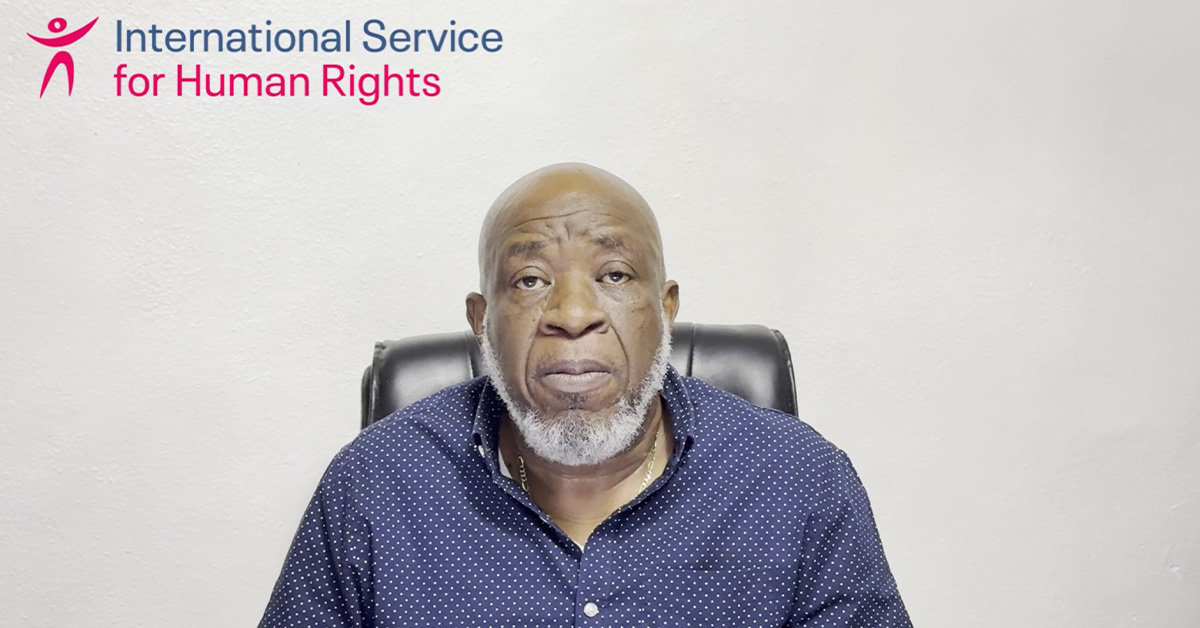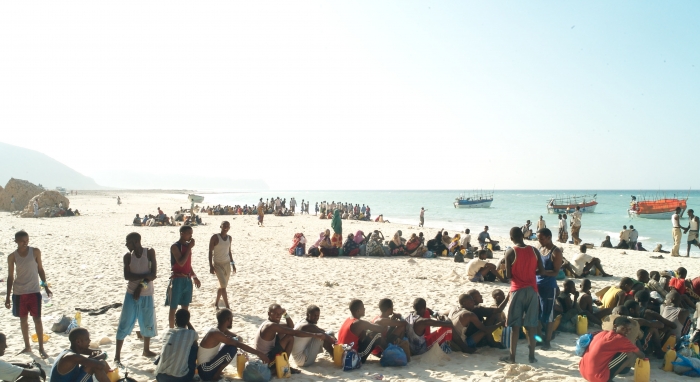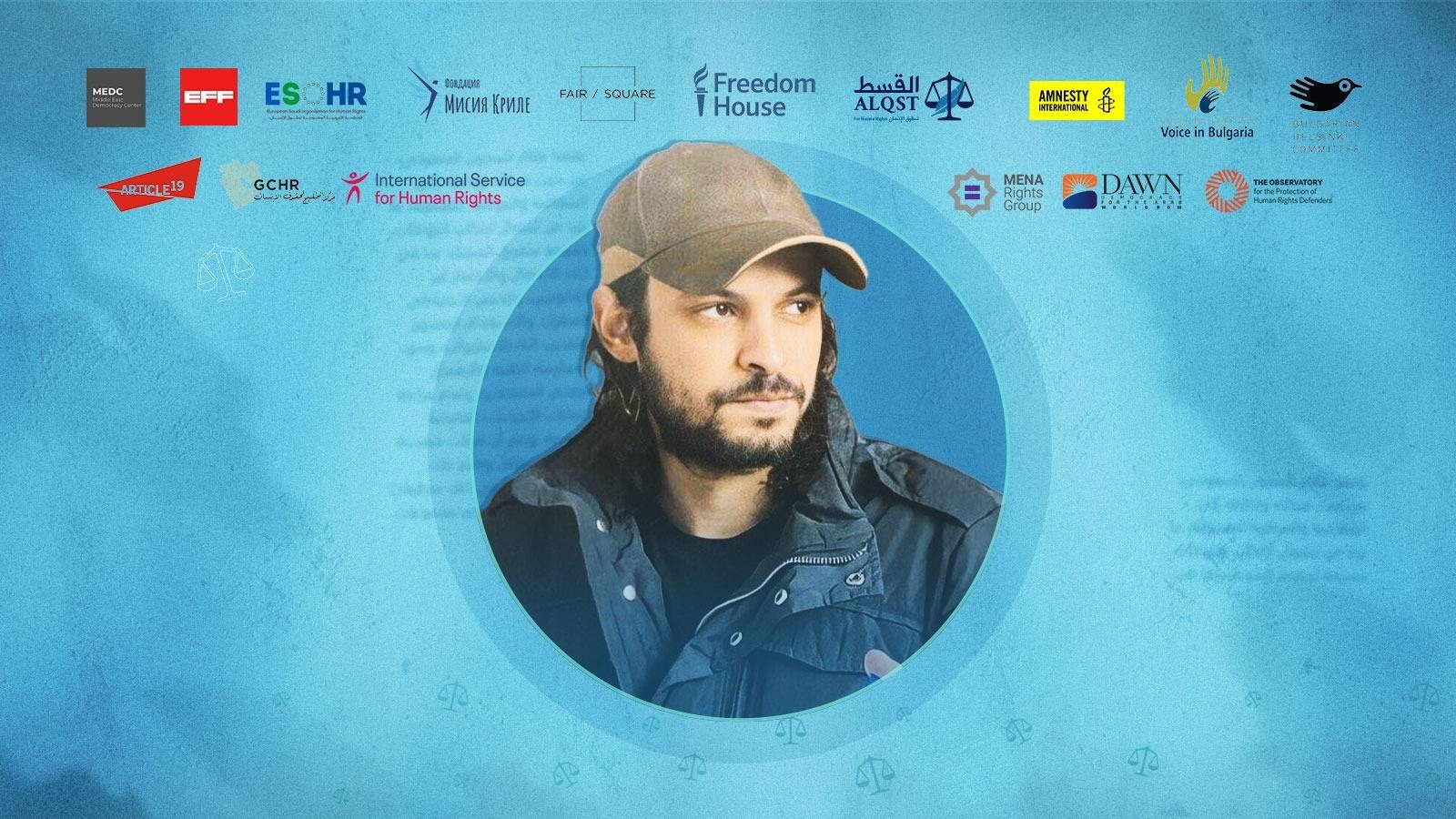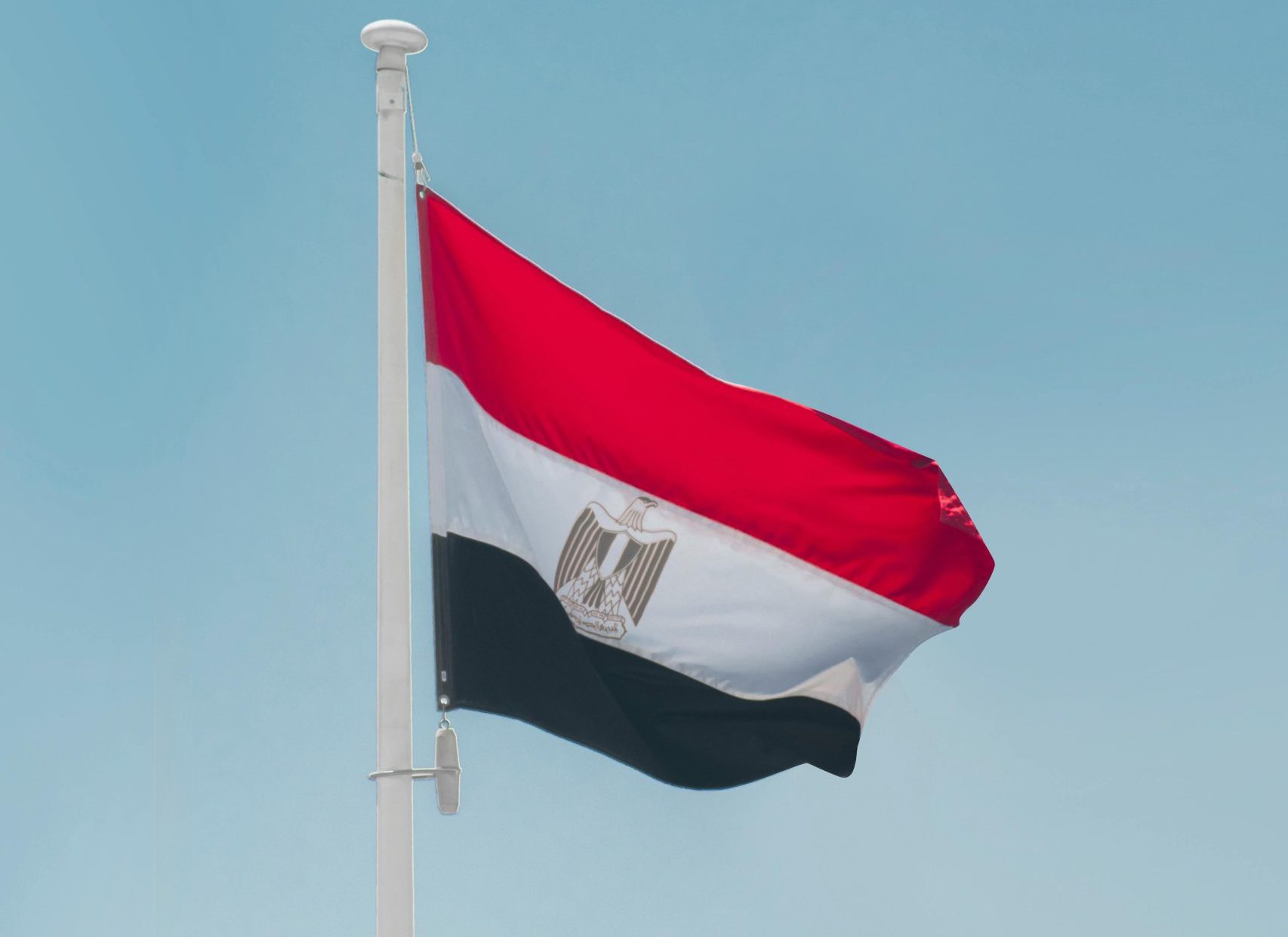On 20 April 2021, the African Commission held a panel on the vulnerabilities affecting African migrants such as forced labour, sexual abuse, use of children in armed conflict, human trafficking and other forms of contemporary slavery. Commissioner Maya Sahli-Fadel, the African Commission’s Special Rapporteur on refugees, asylum seekers, internally displaced persons and migrants in Africa said that a significant number of migrants and refugees go missing in Africa under a variety of circumstances, including armed conflict and dangerous travel by land and sea.
“Migration has become one of the flagship concerns of the African Union and its various organs in recent years, particularly with the migrant crisis in Libya in 2017, which highlighted the various forms of vulnerabilities that migrants regularly experience” added Sahli-Fadel.
Siobhán Mullally, the UN Special Rapporteur on trafficking in persons, especially in women and children stressed that although overlooked, migrant men and boys are often at risk of being targeted for recruitment by armed groups for labour and sexual exploitation as well as exploitation in criminal activities. She also added that all the labour externalisation programmes in Africa that facilitate the transfer of African workers to the Middle East need to be urgently and carefully studied. This could ensure that the human rights risks associated with the transfer of labour to the Middle East are prevented. Godwin E Morka, the Director for Research and Programme Development at the National Agency for Prohibition of Traffic in Persons and other Related Matters, shared that Nigerians continue to be trafficked across their own country for sexual exploitation, child labour and domestic labour among other things. Some end up in the Middle East performing cheap labour and being exposed to contemporary forms of slavery.
All the Panellists shared the view that COVID-19 has exacerbated the number of human rights violations that African migrants face.Tomoya Obokata, the UN Special Rapporteur on contemporary forms of slavery, including its causes and consequences, said that stricter border management regulations in response to COVID-19 have affected migrants and asylum seekers in need of protection from seeking safety in other countries.
On 21 April 2021, the Commission held a Panel to explore how arts, culture and heritage matter for the realisation of human and peoples’ rights in Africa. During this panel, the implications of arts, culture and heritage for the dignity of Africans were discussed. The panelists showed that creative arts and cultures of Africans have immensely contributed to the Gross Domestic Product of many African States and are a dynamic force for regional and economic integration and development. Commissioner Mudford Zachariah Mwandenga, the Chairperson of the Working Group on Economic, Social and Cultural Rights called on African States to put in place legislative measures to protect African culture and heritage and outlaw all forms of harmful cultural practices. The majority of the panellists, including Commissioner Hajer Gueldch, Member of the AU Commission on International Law, strongly condemned the continued trafficking of African artefacts as well as those that were stolen from Africa during colonial times. They called for the return of artistic relics and artefacts stolen in colonial times which are hanging in foreign museums.




